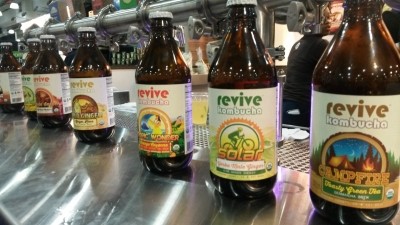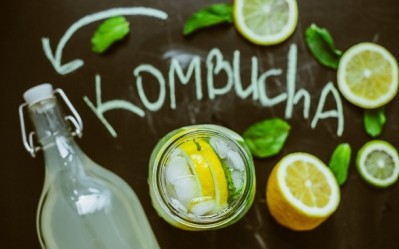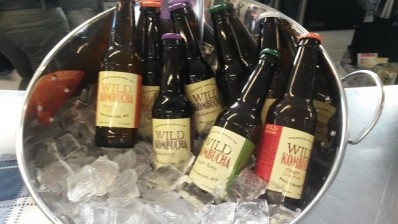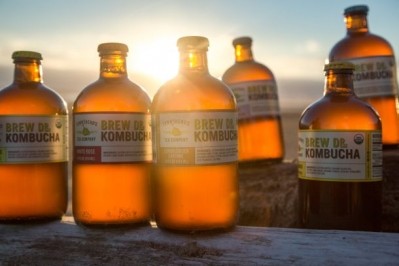More than half of older millennials drink kombucha, Mintel finds
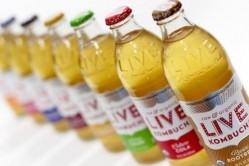
With increasing exposure among Americans, the beverage “that started out being sold in health food stores [is] emerging as a mainstream contender in retail and commercial restaurants,” Mintel reports in a recent blog post.
The beverage’s performance was tracked in the market research company’s 2016 Foodservice Trends and Carbonated Soft Drinks US 2015 report, where it found that 51% of US adults aged 25-34 already drink kombucha.
More than retail
Back in 2014, Reed’s CEO Chris Reed said in an earnings call that, though mainstream food retailers discovered kombucha later than their counterparts in the “natural” channel, they are playing catch up now.
Examples include American Brewing Company’s Bucha, which COO Chuck Santry said was designed to bridge sweet soda drinkers to kombucha, and LIVE Soda, stocked in Target,which Mintel reported is “finding a niche with consumers who want an alternative to traditional carbonated soft drinks, offering flavors imitating traditional sodas from Cola to Root Beer.”
Though kombucha is still largely a retail-focused drink, Mintel found that it’s starting to gain momentum in juice bars, coffee shops and other commercial restaurants, “likely to gain attention from the 66% of consumers who like trying new/innovative coffee and/or tea drinks.”
Examples include Protein Bar’s two varieties of kombucha in select locations and Chicago-area grocery store Mariano’s offering kombucha on tap.
A super drink?
Kombucha’s increasing popularity is reflecting an overall trend towards health, wellness, and an active lifestyle. “[It] is touted for a variety of health benefits including detoxification, joint health, digestion/gut health, and immune-boosting properties,” Mintel said. “In line with other beverages in the health category, such as cold-pressed juices and probiotic waters, it is the blend of flavors that is taking this beverage to the next level.”
And speaking of flavor, it seems like kombucha’s rise is giving manufacturers and brewers confidence to produce other sour and fermented drinks, such as switchel, dessert vinegar, and kimchi shots.
Overcoming roadblocks
As one of the fastest-growing segments in the functional beverages category, there has been some controversy surrounding the product over alcohol content and health claims.
KeVita CEO Bill Moses pushed for a “Verified Non-Alcoholic” label on kombucha to encourage more brewers to make sure their beverages contain indeed less than 0.5% alcohol, as he said that many manufacturers “don’t know and don’t want to know” if their product’s alcohol content is over the limit.
The feds fined several kombucha brewers last fall after finding alcohol higher than the 0.5% threshold in their product, the Associated Press reported.
